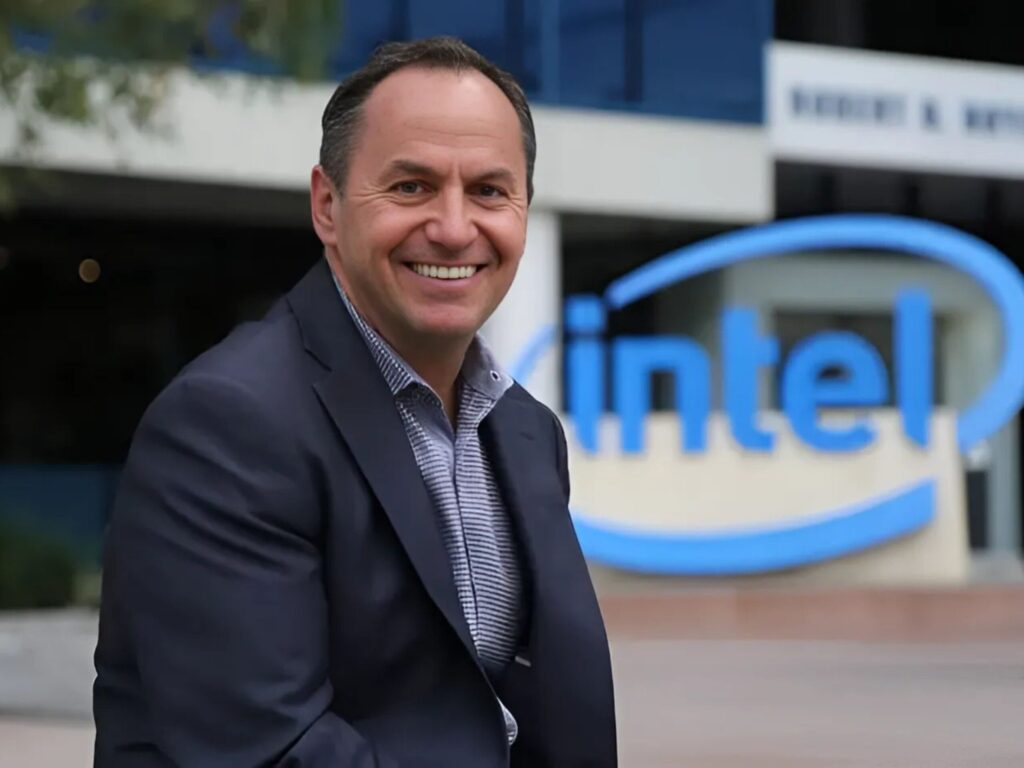How Bob Swan Redefined the CFO Role at Intel

When Bob Swan became CFO of Intel, he wasn’t the obvious pick. Not an engineer. Not a product visionary. Just “the finance guy.” But this move signaled something bigger: Finance wasn’t just about numbers anymore. It was about shaping the future of the business.
$200B+ Company Under Pressure
By 2019, Intel faced massive headwinds that would test any leadership team. The company was grappling with revenue growth that was slowing, budget battles across siloed teams, and management complacency that had set in over years of market dominance.
Adding to these internal challenges, 28% of revenue was tied to China amid rising geopolitical risk, and a looming pandemic threatened to rattle global markets.
Most leaders would play defense in such circumstances. Bob didn’t.
The Transformation Strategy
He reset Intel’s playbook with a comprehensive approach that went far beyond traditional financial management:
Strategic Alignment: He aligned financial planning directly to strategy, ensuring that every dollar spent supported the company’s long-term vision rather than short-term departmental interests.
Breaking Down Silos: Bob demolished silos to create transparency across the organization, forcing different divisions to work together rather than compete for resources in isolation.
Risk Management: He managed risk head-on with no dodging of tough calls, confronting difficult decisions that previous leadership might have deferred.
Future Investment: Most importantly, he made forward bets on AI and autonomous driving, positioning Intel for emerging markets rather than simply defending existing ones.
Results and Reality Check
Were there missteps along the way? Sure. No transformation of this scale happens without some trial and error. But here’s the part most observers miss: Bob laid the foundation for Intel to pivot from stagnation to reinvention.
In the technology sector, this distinction matters enormously. Standing still equals falling behind, and transformation only happens when leadership is bold enough to challenge the status quo.
Choosing the right metrics to track is a big part of this shift. I explore that more in Stop Hoarding KPIs!
Lessons for Today’s CFOs
What can today’s CFOs learn from this transformation? The lessons extend far beyond Intel’s specific circumstances:
Influence Beyond Spreadsheets: Your influence doesn’t stop at spreadsheets. Modern CFOs must be strategic partners who shape business direction, not just financial reporters.
Cultural Change Through Financial Clarity: Cultural change starts with financial clarity. When teams understand how their work connects to financial outcomes, behavior shifts naturally.
Balancing Time Horizons: Long-term bets require short-term discipline. The ability to invest in the future while maintaining operational excellence separates great CFOs from good ones.
Blueprint for Stuck Organizations
If your company is stuck in politics or experiencing flat growth, Swan’s approach offers a clear blueprint. Start by mapping where decisions slow down in your organization.
Push for transparency in how resources are allocated and why. Most importantly, reallocate resources to future bets rather than simply maintaining the status quo.
New Role of Finance
Finance is no longer a back-office function relegated to reporting what happened last quarter. It has become a front-row seat to reinvention, with CFOs serving as architects of strategic transformation rather than just custodians of company resources.
Conclusion
Swan’s approach at Intel demonstrates that the most effective CFOs of today don’t just manage money—they manage change.
As businesses face increasing complexity and uncertainty, the finance function has emerged as a critical driver of strategic transformation.
For CFOs willing to step beyond traditional boundaries, the opportunity to shape their organization’s future has never been greater.
Follow me on LinkedIn for more content like this!
Thank you to Nick Gray, Patron View, and his team for helping me build this site.
